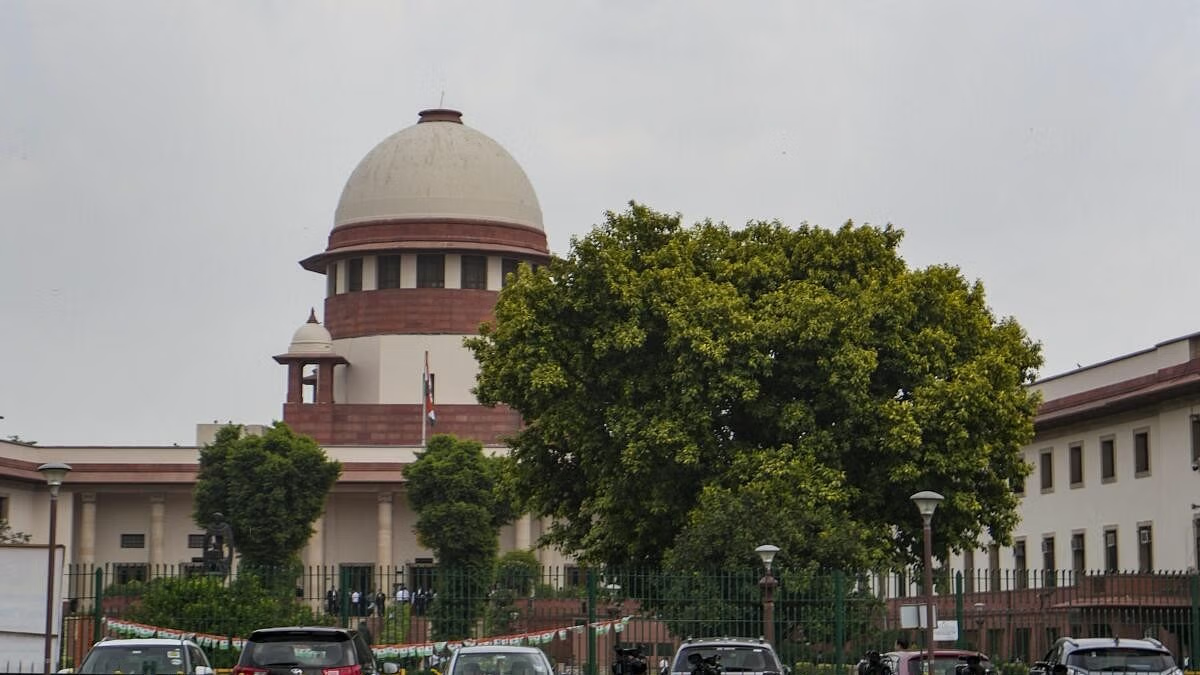In a landmark ruling that sends shockwaves through the education sector in West Bengal, the Supreme Court of India has upheld the Calcutta High Court’s decision to cancel the appointments of approximately 25,000 teaching and non-teaching staff in state-run schools. 1 The apex court’s verdict, delivered today, firmly rejected appeals against the High Court’s order, branding the recruitment process as “tainted beyond repair.”
The case stems from allegations of widespread irregularities and corruption in the 2016 State Level Selection Test (SLST) conducted by the West Bengal School Service Commission. The Calcutta High Court, after extensive hearings and scrutiny of evidence, concluded that the recruitment process was marred by systemic fraud, including manipulation of answer sheets and illegal appointments.
The Supreme Court, in its judgment, echoed the High Court’s findings, stating that the “integrity of the examination process was compromised at multiple levels.” The bench emphasized the need to uphold the sanctity of public employment and protect the rights of genuine candidates who were denied opportunities due to the alleged malpractices.
The cancellation of appointments affects a significant portion of the state’s education workforce, creating a potential crisis in the staffing of schools across West Bengal. The ruling has sparked reactions from various stakeholders, with teachers’ associations expressing concern over the immediate impact on students and the education system.
“The Supreme Court’s decision underscores the importance of transparency and fairness in public recruitment,” stated [Name], a legal expert familiar with the case. “However, the immediate challenge is to ensure that the education system does not suffer due to the sudden vacancy of thousands of positions.”
The West Bengal government has acknowledged the verdict and is expected to outline its plan for addressing the staffing shortage and conducting fresh recruitment in compliance with legal norms. The ruling is likely to have long-lasting implications for the state’s education landscape and serves as a stark reminder of the judiciary’s commitment to combating corruption in public institutions.
This ruling is a significant development in the ongoing legal battle surrounding the 2016 SLST, and its impact will be closely watched by educationists, legal experts, and the public alike.



